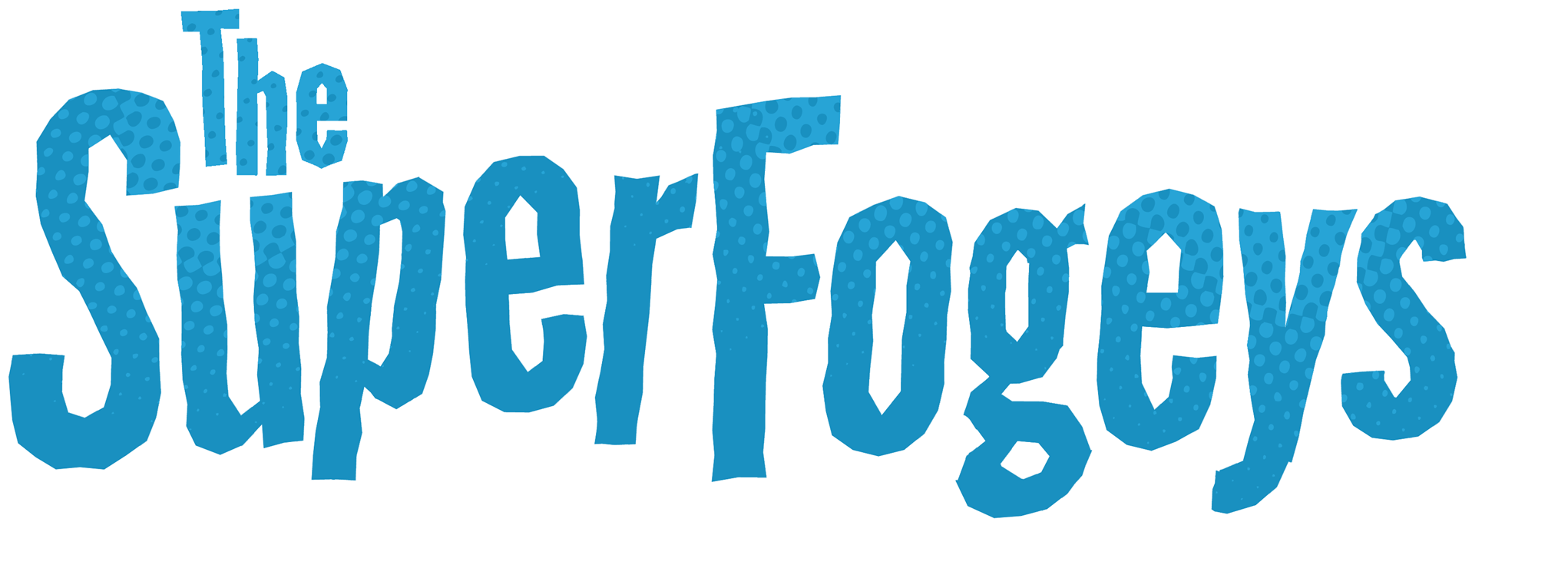 Now that I’ve secured an agent and am putting together a proposal for publishers (you can read all about that in this post), I’ve had a chance to reflect a bit on what I’ve accomplished thus far. Quite a bit, as it turns out.
Now that I’ve secured an agent and am putting together a proposal for publishers (you can read all about that in this post), I’ve had a chance to reflect a bit on what I’ve accomplished thus far. Quite a bit, as it turns out.
When I started the book, I had no idea how or if I would ever finish it. The longest thing I’d ever written topped out at about 10,000 words, maybe less. My word count goal for my memoir? 85,000 – 100,000. The longest draft (so far) was the first at almost 97,000. Subsequent drafts brought it down to 90,000 and now it’s back up at 95,000. Lots of big additions and changes in the past couple drafts. But why would my word count go BACK up?
The manuscript has been through a lot of evolution. While it is a true story, deciding which parts of the story–my life–to tell and which to leave out is very, very tricky. Adding to the complexity is that I’m Mormon. I exist within an entire subculture that has its own terminology and operates according to its own rules and which most people on the outside find really, truly strange. As a storyteller, I have to bring the reader into that world while at the same time not overburdening them with detail. They have to both understand and not be bored. Man, that’s tough to do.
Here, look at these terms: Ward, Bishop, Elder. Or, in the minds of most people: a place for crazy people, a senior Catholic clergy (or chess piece), and an old person.
In my world, a Ward is a church congregation, a Bishop is our equivalent of a pastor or priest, and Elder is a title given to missionaries–who are usually 19-years-old!
Glossaries are tacky. I loathe them. I don’t like flipping back and forth and, to me, when they’re there it feels like the author gave up. The challenge is to incorporate the information into the story without making it seem like you’re just throwing facts at the reader. You gotta entertain.
As a reader, you know exposition sucks. Writers often have more than a story in mind, they have an entire world. They want to tell you about it and must if their story is going to have any kind of context. Bad writers dump that information on you, thinking wrongly that every corner of their imagination must be shared because it’s just that awesome and the reader NEEDS to know it all. More often than not, the reader doesn’t. The reader doesn’t mind a little mystery and discovery along the way. I’ve stopped reading books because I was that turned off by the way the author doled out pertinent information.
My aversion to exposition is strong enough that around draft 7 of my own book I had taken so much of it out that there were sections that were unintelligible to outsiders. I went too far the other way, which can happen. That’s why my word count went back up, but I didn’t just add stuff back in. If you’re able to take something out in the first place, chances are it’s not that great to begin with.
The best kind of exposition is through a story. To explain that missionaries are called “Elders” and some other bits of Mormon and missionary lore, I went back to the beginning of my mission and wrote about my time in the training center and how difficult it was. The training center got very little coverage in earlier drafts. My new draft not only explained the world of the missionary in a very succinct way, it also gave me the chance to raise the stakes and better show the intense pressure missionaries are under from the get-go.
That’s just one example. I’ve made dozens of changes like that to my manuscript.
If you’re a writer, how do YOU avoid the exposition trap? Readers, do you notice when a writer wallows too much in exposition? Does it bother you?
Written by : Brock Heasley
kjhsdf sdkjhf kjhsdf sdjhsd fkjhsdf sdjhf sdfkjhsd f sdfhjsd sdfsdf sdfjhksdf




I always found that (at least in fiction) character dialog (both internal and with another characters) worked best to provide exposition for the reader. If it could be done along with some action then even better. The trick is to break it up enough that you don’t lose the pacing of the story. This is where another character breaking in to ask a question helps.
Also, if the exposition is thrilling enough or interesting enough I wouldn’t worry about having too much of it. Most readers, I think, are more forgiving than maybe you yourself are. If the information is interesting then most readers will eat it up and not even realize they are reading “too much” exposition.
I look forward to seeing your book in print and will be ordering one as soon as it is published.
Congratulations and good luck.
You’re right, dialogue is a great tool to get past exposition. And you’re right again… it is all about pacing. Good pacing will help a reader forgive just about anything, I think.
Thanks for the support!
I’m currently writing my first book and I’m having a big problem with exposition. Before I began I didn’t realize how much of the back story in my head is necessary for readers not in my head (lucky, lucky readers) to understand what’s going on. I put it all in there and I figure when I reread it, I’ll see what needs to be cut for the second draft.
Best of luck to you!
That’s a pretty good method, Erin. It’s only with subsequent drafts that we can really see the shape of our story and what the reader might want to know when. Best of luck to you as well!
Hmmm, I guess I’m a bit of an exposer myself 😀 I’m generally a non fiction writer but I drift in and out of story.
New information hurtles through my brain at breakneck speed and I itch to share it because the world is just such an absorbing place. Sometimes I use story, sometimes personal experience like you. I love Erin’s take on this: shove it all in, edit later. Like sculpting.
The rewriter in me has a hard time just shoving everything out there in the first draft, but I can’t deny it’s the most sensible method. Kate, what sort of nonfiction do you write?